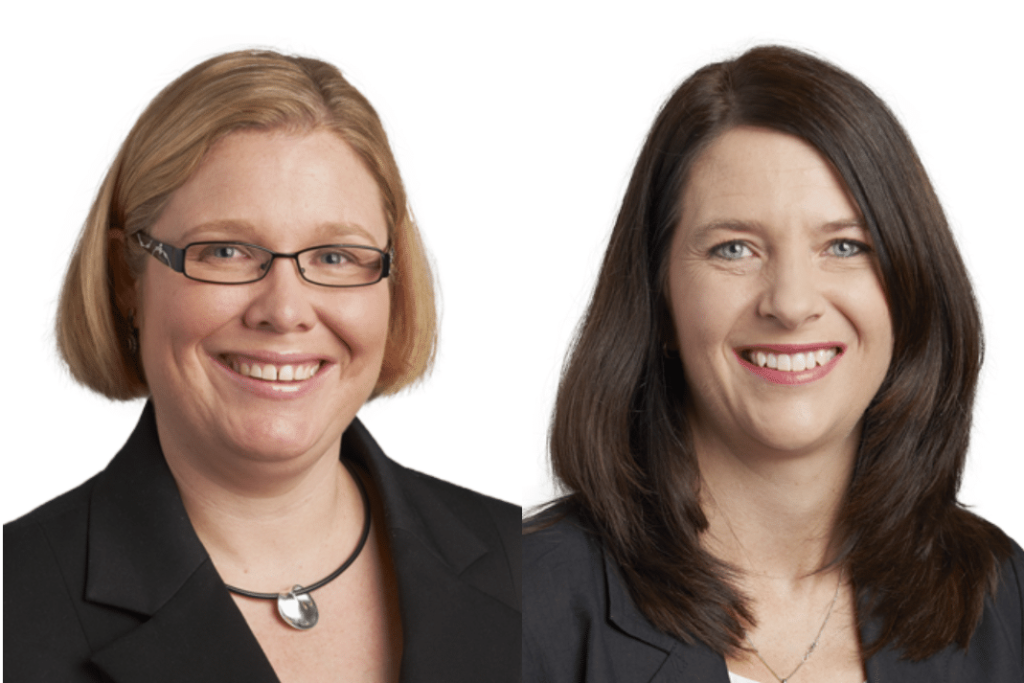Belinda Thompson and Jenny Campbell are the co-heads of Allens’ class actions practice. They both have extensive experience in defending class actions in a broad range of contexts.
Jenny and Belinda share their advice on working with expert witnesses as a part of class action litigation.
What tips do you have for fellow practitioners when it comes to selecting the right expert witness or managing the expert evidence process in class actions?
In most respects, the principles for dealing with expert evidence and expert witnesses in class actions are no different than in other forms of commercial litigation. However, given the focus on common issues and questions of loss, expert evidence often plays a more central role in class actions than in non-representative litigation and the stakes are often higher.
In these circumstances, the following are particularly important to keep in mind in the class action context:
- It is critical to get the basics right – the questions put to the expert must be carefully framed to address the topics that are truly relevant to the dispute; the matters put to the expert must be appropriate matters for expert evidence (as opposed to legal matters); the expert must be appropriately qualified to opine on the relevant topics; the expert must be independent; the expert must be carefully briefed in relation to the role of an independent expert and their obligations to the court; and the engagement must be managed in accordance with the rules/guidelines relating to expert witnesses. While this is also the case in all other matters, the higher stakes mean that these issues may come under greater scrutiny from opposing parties in class actions and the consequences for any missteps may be more severe.
- For similar reasons, it is also important to be clear on how the assumptions provided to the expert will be proved, and how the documents or other materials provided to the expert will be admitted into evidence.
- The stakes will often warrant the additional cost of a consulting expert with relevant subject matter expertise. Given the need to keep the testifying expert at arms’ length, the consulting expert can assist the legal team to understand the relevant subject matter, analyse expert reports served by other parties, formulate the appropriate questions to be put to the testifying expert and prepare for cross-examination of other experts.
- In order to provide appropriate assistance to the court, it’s important to take steps (where possible) to avoid a scenario where expert reports ‘pass like ships in the night’. Aside from not being helpful to the court, this can result in the client paying a lot of money for a report that does not advance the issues. At least to some extent, these issues can be managed by communication between the parties as to the field(s) of expertise for expert evidence and, where appropriate, seeking to agree on the issues/questions to be addressed by the experts.
- It is common for expert evidence in class actions to be given concurrently – in a so-called ‘hot tub’. It is important that testifying experts are fully briefed as to the nature of this process and what is likely to be expected of them – this is important for all experts, but is particularly acute for offshore experts who may be accustomed to a different approach.
